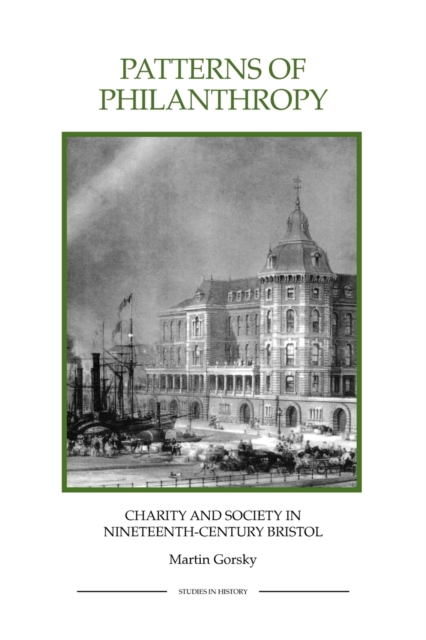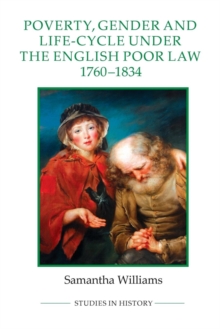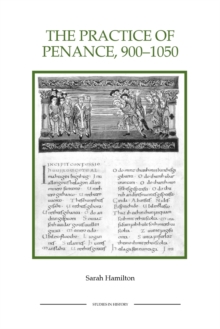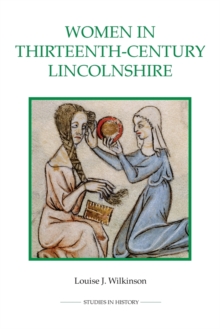
Patterns of Philanthropy : Charity and Society in Nineteenth-Century Bristol Paperback / softback
by Martin Gorsky
Part of the Royal Historical Society Studies in History New Series series
Paperback / softback
Description
A study of the debate over the control of civic charities during the era of municipal reform. The nineteenth-century city was characterised by the development of a wide variety of voluntary associations and institutions which set out to address social problems and promote the public good.
This book presents a study of voluntarism in the city of Bristol.
Attention is focused first on the long-established endowed charities which funded poor relief, almshouses and schools; the author charts the decline of this form of giving in favour of the new benevolent associations of the eighteenth century, reflecting the centrality of the debate over the control of civic charities during the era of municipal reform.
The book moves on to look in more depth at the city's many voluntary organisations and societies, presenting a comprehensive picture of developments up to 1870 in such fields as health, education and missionary work to the poor.
This is followed by an analysis of the social impact of voluntary activity, and a survey of the limitations of voluntary sector welfare provision. Martin Gorsky is Senior Lecturer in the History of Public Health at the London School of Hygiene and Tropical Medicine, University of London.
Information
-
Out of stock
- Format:Paperback / softback
- Pages:288 pages, 5 b/w illus.
- Publisher:Boydell & Brewer Ltd
- Publication Date:15/09/2011
- Category:
- ISBN:9781843836377
Other Formats
- Hardback from £50.00
Information
-
Out of stock
- Format:Paperback / softback
- Pages:288 pages, 5 b/w illus.
- Publisher:Boydell & Brewer Ltd
- Publication Date:15/09/2011
- Category:
- ISBN:9781843836377










